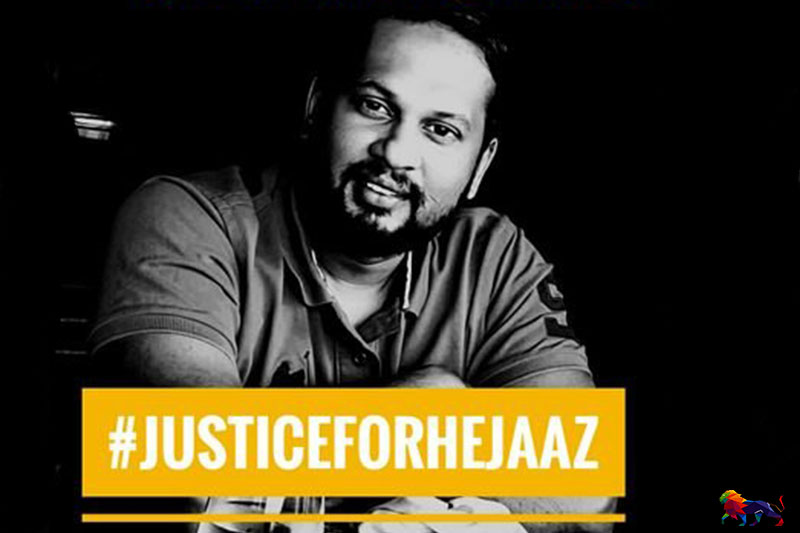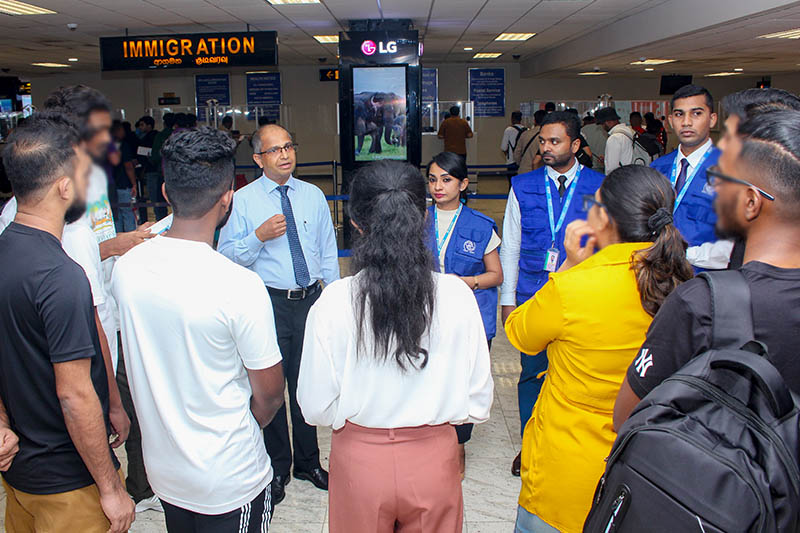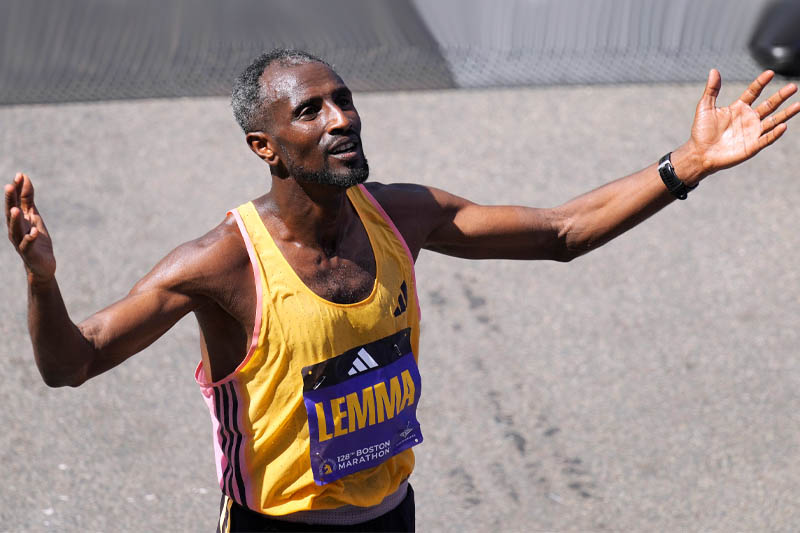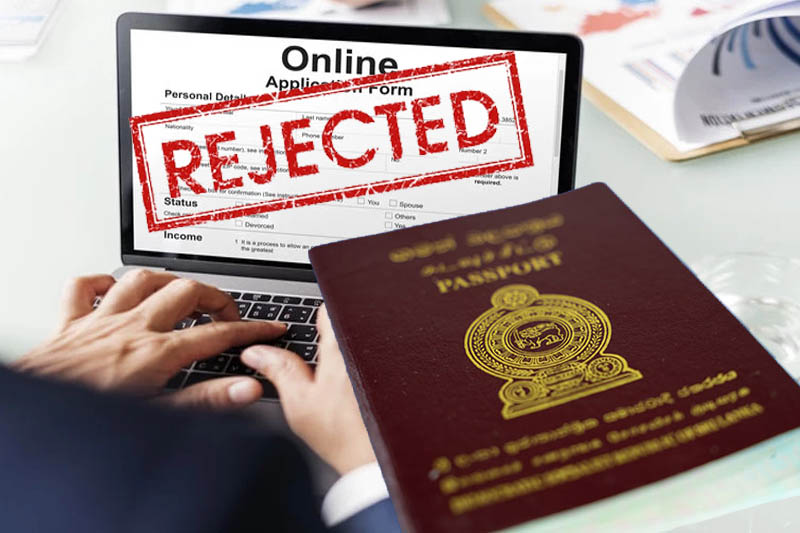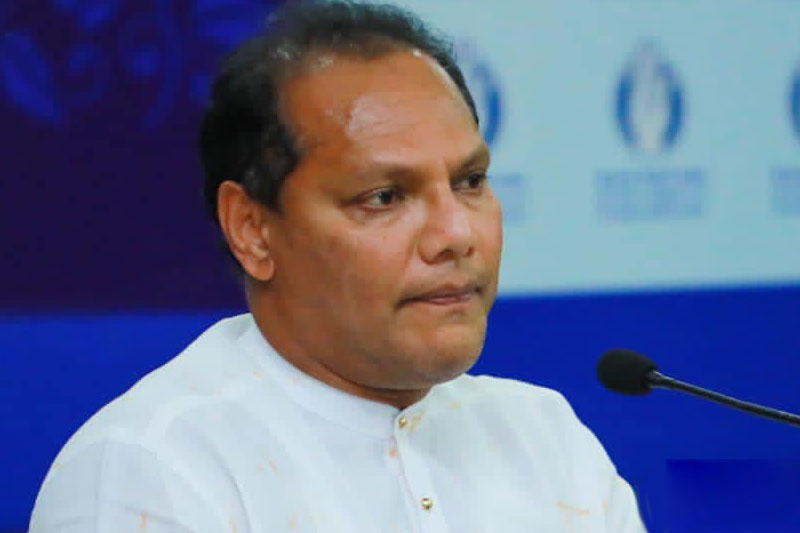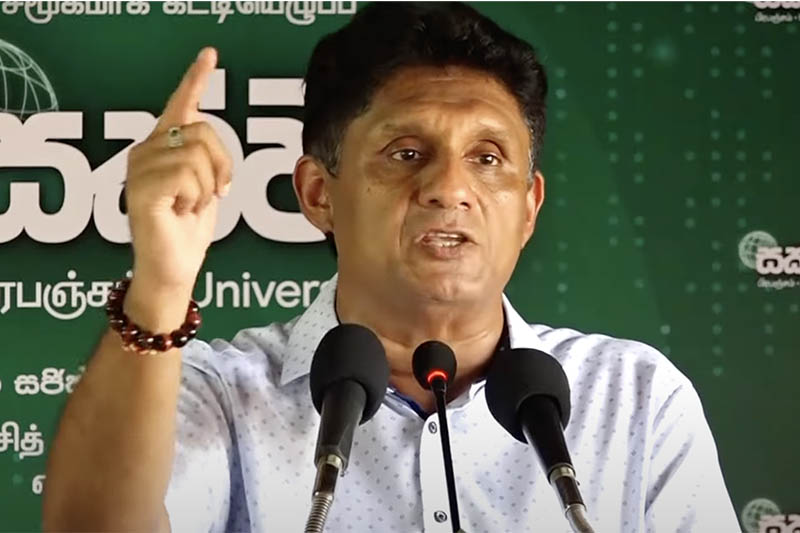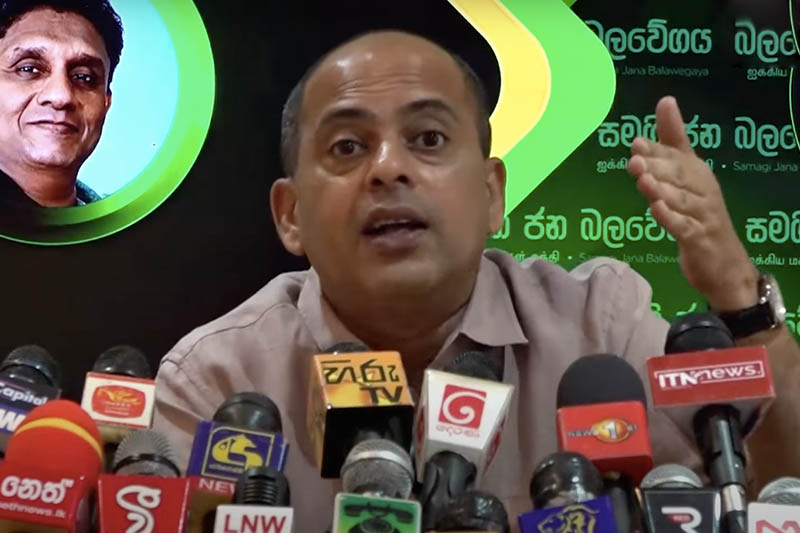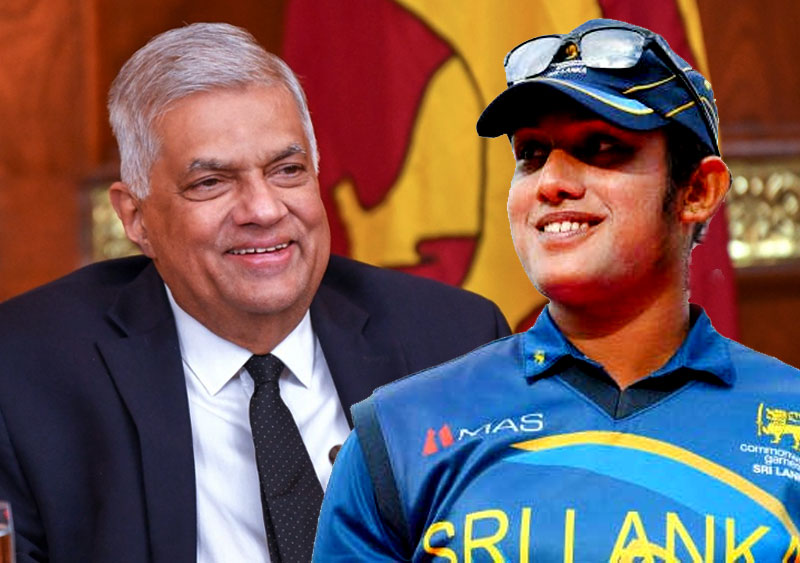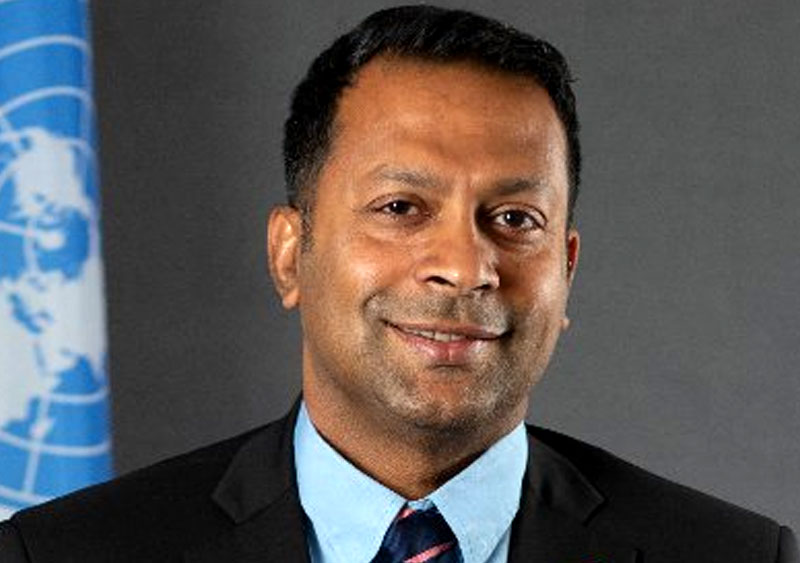"LAWASIA is concerned that Mr Hizbullah’s arbitrary arrest and continued detention may be a form of state reprisal for his legal practice and advocacy for the constitutional rights of the Sri Lankan Muslim minority community. Mr Hizbullah, a senior lawyer and human rights defender, has, over his 15 years of practice, taken on several important cases on behalf of victims of abuse of state power, human rights abuses and hate speech, including a challenge to the dissolution of Parliament in 2018. His interventions have been pivotal in upholding the rule of law, constitutional rights and human rights in Sri Lanka," the law association said in a statement.
Calling on the Sri Lankan authorities to ensure due process is followed and his substantive rights are protected, they noted Sri Lanka's human rights obligations under the Universal Declaration of Human Rights 1948, International Covenant on Civil and Political Rights 1966 (Sri Lanka acceded to the ICCPR on 11 June 1980), under the United Nations Basic Principles on the Role of Lawyers, and the United Nations Declaration on Human Rights Defenders.
President of LAWASIA, Chunghwan Choi, expressed concern on the use of Sri Lanka’s draconian Prevention of Terrorism Act observing that it "exceeds the principle of legality, under which anti-terror laws must be applied in carefully circumscribed contexts, and for specific charges."
"We are concerned that the Sri Lankan Government’s use of its anti-terror law has the effect of criminalising peaceful and legitimate human rights work and could cause a chilling effect on those involved in peaceful dissent and human rights advocacy. This is inimical to the rule of law and contrary to the Human Rights Council’s interpretation that anti-terror legislation should not be used to deter legitimate human rights work," he said.
While noting that Hizbullah should have unfettered access to legal counsel, they also said that he is yet to be formally charged. "There appears to be a lack of due process in relation to the circumstances of his arrest and detention. We understand that during his arrest, key due process provisions within the Prevention of Terrorism Act were not complied with, and several of his case files were seized, which, if true, amounts to a severe impingement of attorney-client privilege. Throughout his detention, it appears that Mr Hizbullah has been denied meaningful access to his lawyers and family," LAWASIA said.
Without further evidence, LAWASIA pointed out that there is no justification for keeping Hizbullah in detention for such a long period, particularly during a pandemic.
"LAWASIA calls on the Sri Lankan Government to ensure that he is released. The Sri Lankan Government must ensure that it respects the Rule of Law, and not Rule by Law," they added.

